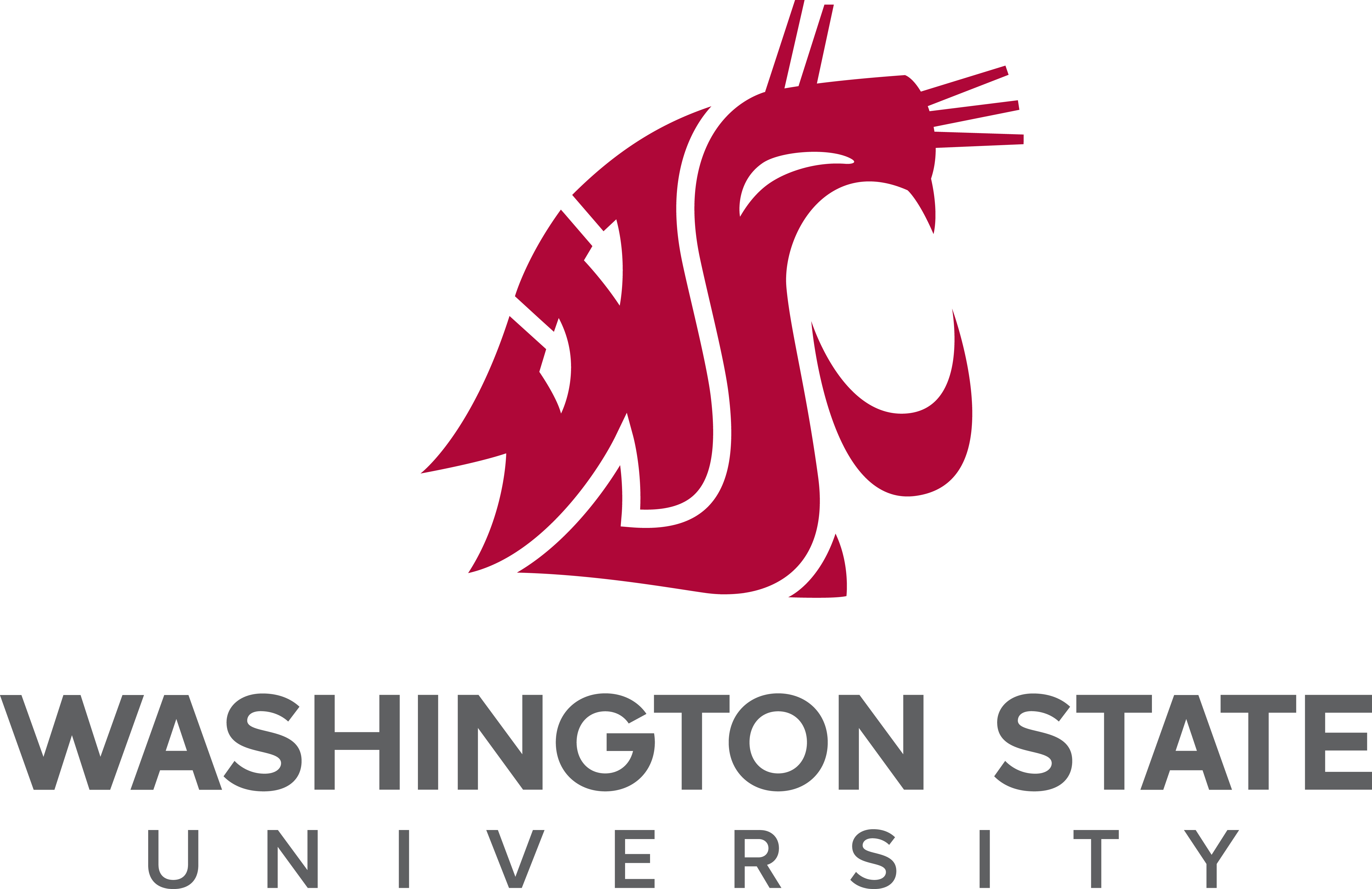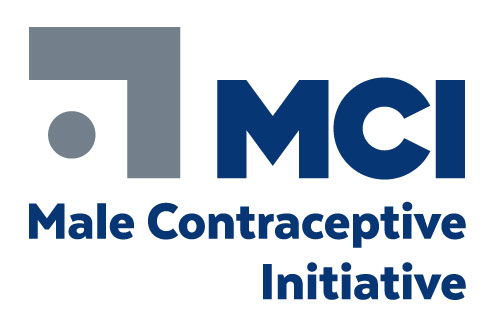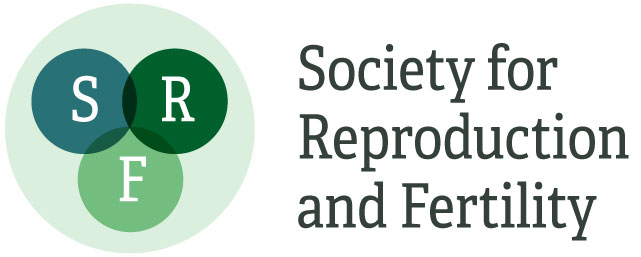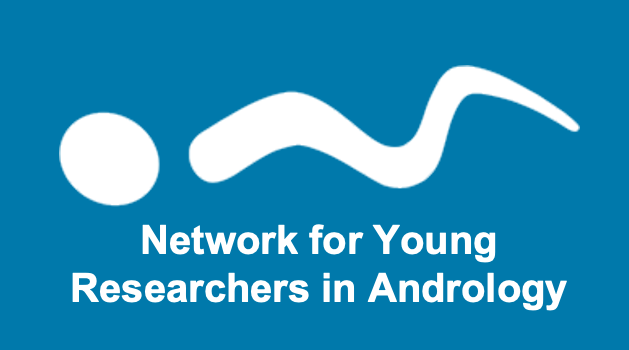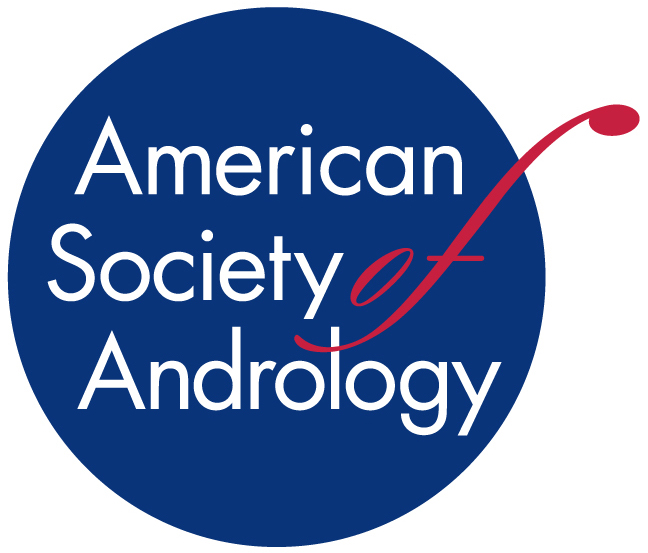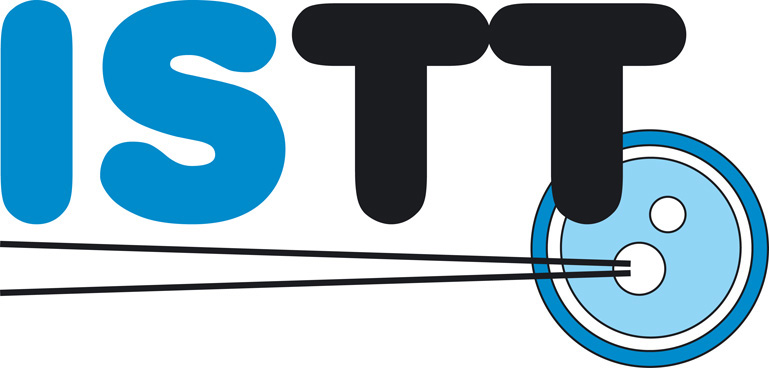- Home
- Past Conferences
- 1st Spermatogenesis Conference
1st Spermatogenesis Conference
Male Germ Cells: From Stem Cells To Diseases #spermatogenesis23
08 Oct - 11 Oct 2023
Dubrovnik, Croatia
-
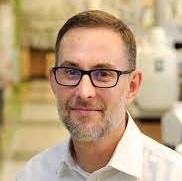
Jon Oatley
Washington State University
-
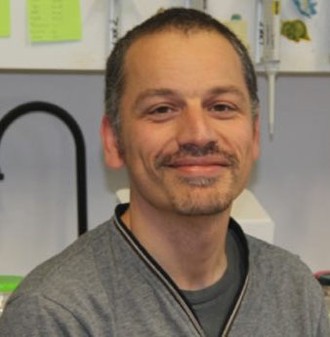
David Volle
CNRS UMR 6293, Inserm U1103, UCA
Early Bird - Expired • Talk Submission - Expired • Poster Submission - Expired • Registration & Payment Deadline - Expired
Synopsis
The germline provides an eternal cellular link between generations and is the source of genetic diversity and evolution of animal populations. In addition, perturbations in the epigenome or genome of a parental germline that arise during development could be underlying causes of many disease states in offspring. In males, sperm are the conduit for transmission of genetic and epigenetic information to the next generation and are formed by the complex process of spermatogenesis, which involves undifferentiated stem cell, differentiating, meiotic, and morphogenesis phases. This workshop will explore recent advances in understanding the biology of these different phases in a variety of animal models as well as how epigenetic and genetic abnormalities may underlie transmission of diseases and fertility disorder in humans. Invited talks that focus on cutting edge findings along with vibrant discussions and debates about controversies in the field will provide a rich intellectual atmosphere that is sure to have an important impact on how the biology of spermatogenesis is investigated for years to come.
Key Sessions
- Origins of the spermatogenic lineage
- Mechanisms of spermatogenic differentiation
- Genetic anomalies of the male germline
- Metabolics of spermatogenesis
- Environmental influences on spermatogenesis
- Novel genetic discovery in spermatogenesis
- Late breaking science
Student Offer
Take advantage of this fantastic opportunity for students! Fully paying ‘single’ or ‘shared’ registrants can bring a student for only €882. Unfortunately, Postdocs are not eligible. Both registration packages include; accommodation for the 08, 09, 10 October 2023 (on a shared basis for students) and a food and beverage package for the conference period. Once registered, please contact Amy Johnson to obtain a special registration link for your student.
Confirmed Invited Speakers
Ramiro Alberio (University of Nottingham)
SPECIFICATION AND EPIGENETIC REPROGRAMMING OF PIG PRIMORDIAL GERM CELLS
Christophe Arnoult (CNRS)
UNDERSTANDING SPERMIOGENESIS THANKS TO TERATOZOOSPERMIA
Guylain Boissonneault (Université de Sherbrooke)
NEW INSIGHTS INTO THE SPERMATIDS BREAKOME ANALYSIS
Jo Bowles (University of Queensland)
CRIPTO PROMOTES PLURIPOTENCY AND MALIGNANCY OF THE MALE GERMLINE IN MICE
Jochen Buck (Weill Cornell University)
ON-DEMAND MALE CONTRACEPTION VIA ACUTE INHIBITION OF SOLUBLE ADENYLYL CYCLASE
Geraldine Delbes (Institut national de la recherche scientifique)
DNA METHYLATION PROGRAMMING DURING RAT SPERMATOGENESIS AND ENVIRONMENTAL INFLUENCES
Klementina Fon Tacer (Texas Tech University)
FROM SINGLE-CELL ANALYSIS TO PHYSIOLOGY: PROTECTING SPERMATOGENESIS IN FOOD SCARCITY
Kanako Hayashi (Washington State University)
SINGLE-CELL MULTI-OMICS REVEALS TRANSCRIPTOMIC AND EPIGENETIC CHANGES IN MURINE GERM CELLS EXPOSED TO BISPHENOL A AND S AT THE PRENATAL STAGE
Katsuhiko Hayashi (Osaka University)
RECONSTITUTION OF REPRODUCTIVE ORGANS FROM MOUSE PLURIPOTENT STEM CELLS
Masahito Ikawa (Research Institute for Microbial Diseases)
TESTIS-ENRICHED GENES AND THEIR FUNCTIONS DURING SPERMATOGENESIS AND SPERM FUNCTIONS
Kei-Ichiro Ishiguro (Kumamoto University)
THE SEXUALLY DIFFERENT MECHANISM OF MEIOSIS INITIATION IN MOUSE GERM CELLS
Leanne Jones (University of California, San Francisco)
METABOLIC REGULATION OF MALE GERMLINE STEM CELL BEHAVIOR
Noora Kotaja (University of Turku)
GERM GRANULE-MEDIATED RNA REGULATION DURING SPERMATOGENESIS
Diana Laird (University of California, San Francisco)
HOW DO ENVIRONMENTAL INPUTS ALTER MALE GERM CELL DEVELOPMENT? A STUDY OF NUCLEAR HORMONE RECEPTORS
Tessa Lord (University of Newcastle)
EXPLORING THE INTERSECTION BETWEEN METABOLISM, HYPOXIA, AND SPERMATOGONIAL STEM CELL FUNCTION
John McCarrey (The University of Texas at San Antonio)
EPIGENETIC REGULATION OF SPERMATOGONIAL STEM CELL FATE
Marcos Morgan (NIH)
ROLE OF MRNA POLY(A) TAIL DYNAMICS IN SPERMATOGENESIS
Ignasi Roig (Universitat Autonoma de Barcelona)
TRIP13 PREVENTS PRECOCIOUS DESYNAPSIS DURING MEIOTIC PROPHASE
Kotaro Sasaki (University of Pennsylvania)
RECONSTITUTION OF HUMAN MALE GERM CELLS USING PLURIPOTENT STEM CELLS
Monika Ward (University of Hawaii)
DO WE NEED Y CHROMOSOME FOR SUCCESSFUL REPRODUCTION?
Jeremy Wang (University of Pennsylvania)
EPIGENETIC CONTROL OF SPERMATOGONIAL STEM CELL SELF-RENEWAL AND SPERMIOGENESIS
Joy Winuthayanon (University of Missouri)
INHIBITION OF SEMEN LIQUEFACTION TO PREVENT SPERM TRANSPORT PROCESS AS A NON-HORMONAL CONTRACEPTIVE METHOD
Wei Yan (The Lundquist Institute)
THINKING OUTSIDE THE BOX: WHAT IS NEW WITH NONHORMONAL MALE CONTRACEPTIVE DEVELOPMENT?
Humphrey Yao (NIH)
DECIPHER GERM CELL SEX DIFFERENTIATION WITH SINGLE CELL MULTIOMICS AND BLASTOCYST COMPLEMENTATION
Target Audience
The target audience will be scientists working on the field of male reproduction, especially on germ cells.
It must "regroup" people working on stem cell biology, genetics (meiosis), epigenetic processes, aspects of transgenerational transmission of diseases; cancer and scientists working on environmental diseases.
We would like to have recognized scientists and new researchers in the field to refresh the community.
We would like clinicians, basic scientists and people involved in the evolution of technologies.
One objective will also be to attract doctoral and post-doctoral students.
Confirmed Speakers
Chairs

Jon Oatley
Associate Dean & Professor, Washington State University

David Volle
PI, team leader, CNRS UMR 6293, Inserm U1103, UCA
Invited Speakers
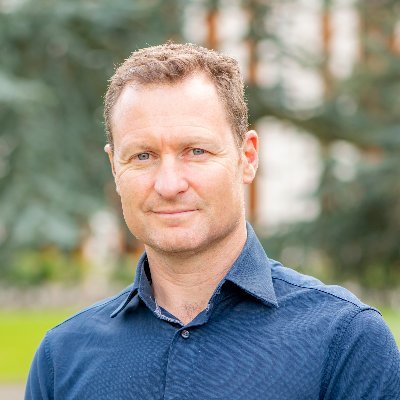
Ramiro Alberio
University of Nottingham
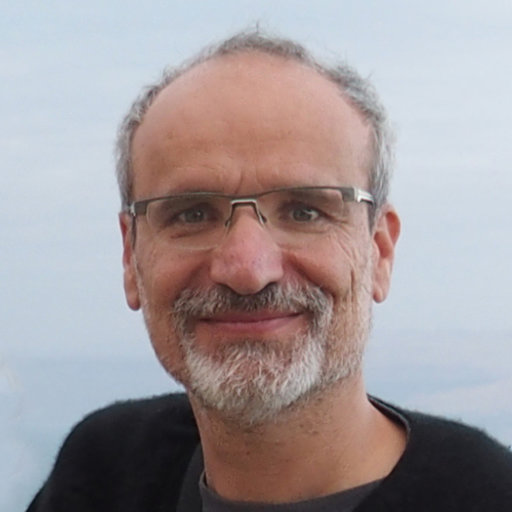
Christophe Arnoult
University Grenoble Alpes
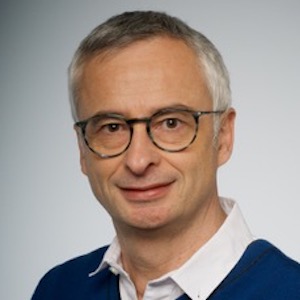
Guylain Boissonneault
Université de Sherbrooke
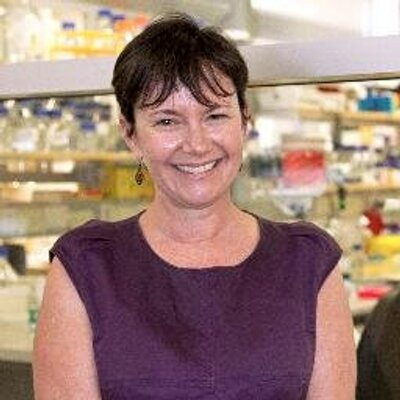
Jo Bowles
University of Queensland
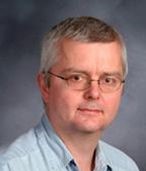
Jochen Buck
Weill Cornell Medicine

Geraldine Delbes
Institut national de la recherche scientifique (INRS)
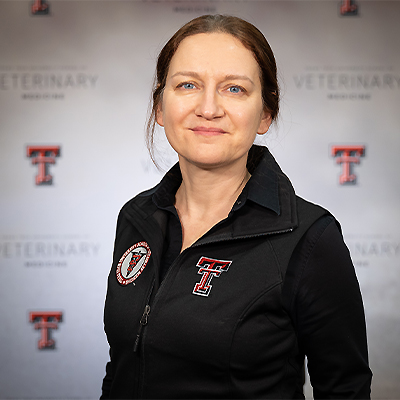
Klementina Fon Tacer
Texas Tech University
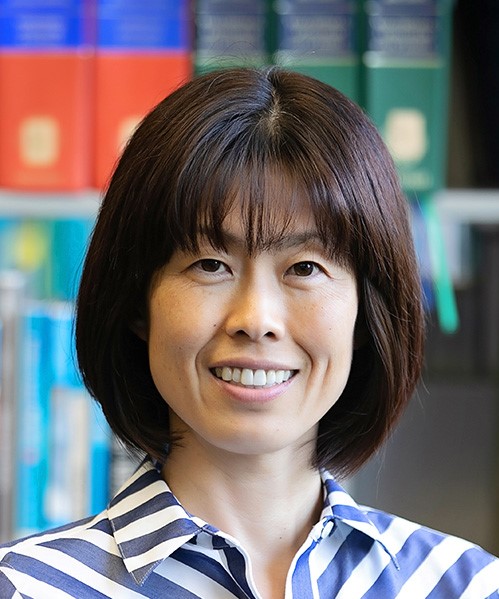
Kanako Hayashi
Washington State University

Katsuhiko Hayashi
Osaka University
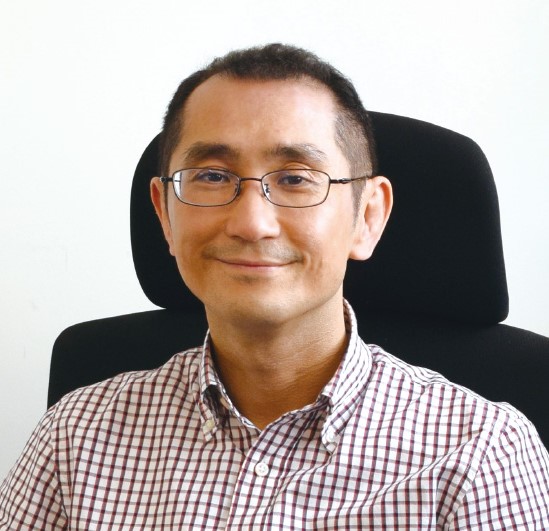
Masahito Ikawa
Research Institute for Microbial Diseases
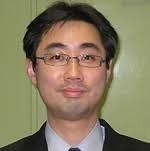
Kei-ichiro Ishiguro
Kumamoto University
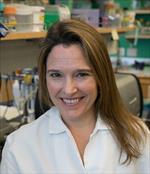
Leanne Jones
University of California, San Francisco
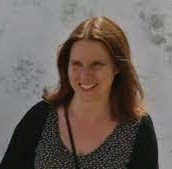
Noora Kotaja
University of Turku
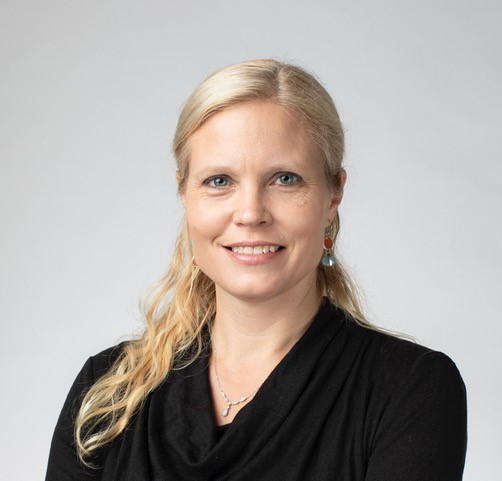
Diana Laird
University of California, San Francisco
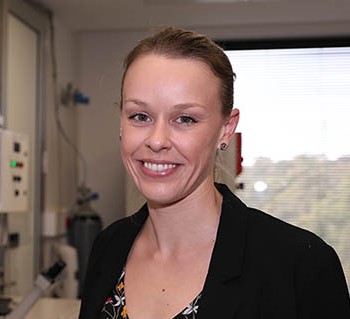
Tessa Lord
University of Newcastle
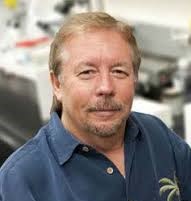
John McCarrey
The University of Texas at San Antonio
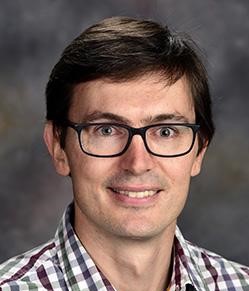
Marcos Morgan
NIH
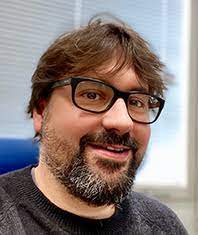
Ignasi Roig Navarro
Universitat Autonoma de Barcelona
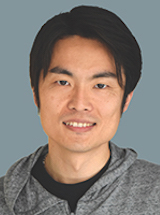
Kotaro Sasaki
University of Pennsylvania
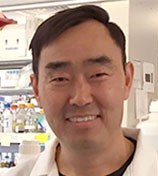
Jeremy Wang
University of Pennsylvania
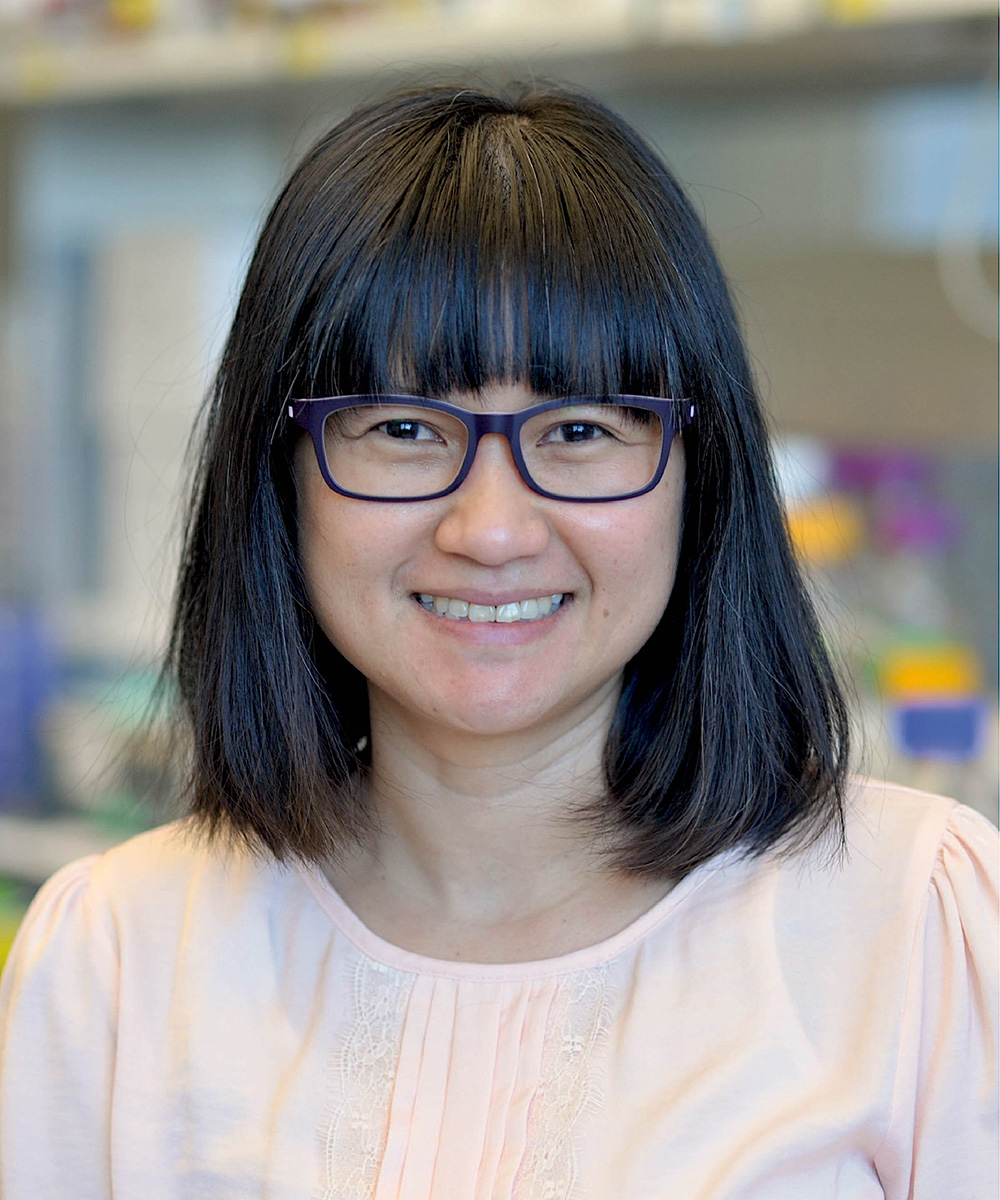
Joy Winuthayanon
University of Missouri
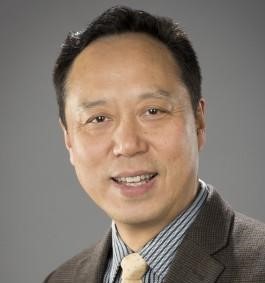
Wei Yan
The Lundquist Institute
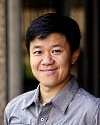
Humphrey (Hung-Chang) Yao
NIH
Programme
Supported by
Venue & Location
Sun Gardens Dubrovnik
We are excited to be adding a beautiful Adriatic destination to our portfolio for autumn 2023 – the Sun Gardens Dubrovnik in Croatia. The resort is nestled into the hillside with uninterrupted, stunning views of the ocean.
This beautiful hotel is located only 11 km from Dubrovnik city centre, in the small village of Orašac, nestled amongst the citrus groves, palm trees and gorgeous blue sea that characterize the city. The Old City, a UNESCO World Heritage Site with magnificent defensive walls surrounding it, is just one of the wonderful places to visit. With stunning architecture, scenic walks, wine tasting, boat trips and beautiful beaches, there is plenty to inspire when exploring beyond the hotel. We truly believe Croatia will become a firm favourite with our delegates.
The hotel boasts several wonderful dining options with a mix of Dalmatian, Mediterranean, international and fusion culinary experiences. Or you may want to take in the stunning views of the sea and the nearby islands as you unwind, relax and catch up on the day’s events in one of the hotels bars. Pools, a promenade, spa, sports centre and beaches are just a few of the other facilities you will find available during your stay.
This is not an all-inclusive property, but we have arranged a full food and beverage package for delegates during the conference period which is included within the registration fee. Breakfast will be at leisure each morning, but participants will dine together for conference lunches and dinners. For anyone staying any extra nights, the rate will be bed and breakfast only so delegates can choose whether to dine at the hotel or explore and eat elsewhere.
Hotel facilities include;
• Complimentary Wi-Fi in guest rooms and throughout hotel and
conference areas
• 3 Pools
• Spa
• Gym & Sports Center
• 8 Restaurants
• 9 Bars
• Kids Club
• Beach
General Information
Venue Rating
★ ★ ★ ★ ★
Currency
Euro (EUR)
Address
Dubrovački Vrtovi Sunca d.o.o. Na Moru 1, 20235 Orašac, Dubrovnik
Nearest Airport
Dubrovnik International Airport
Location
This beautiful hotel is located only 11 km from Dubrovnik city centre, in the small village of Orašac, nestled amongst the citrus groves, palm trees and gorgeous blue sea that characterize the city. The Old City, a UNESCO World Heritage Site with magnificent defensive walls surrounding it, is just one of the wonderful places to visit. With stunning architecture, scenic walks, wine tasting, boat trips and beautiful beaches, there is plenty to inspire when exploring beyond the hotel. We truly believe Croatia will become a firm favourite with our delegates.
Gallery
If you are interested in this meeting but not yet ready to register, you can sign up for updates here and our team will keep you updated regarding deadline reminders and grant opportunities relating to this meeting only.
If you're interested in sponsoring this conference please contact us.
Conference Manager

Amy Johnson
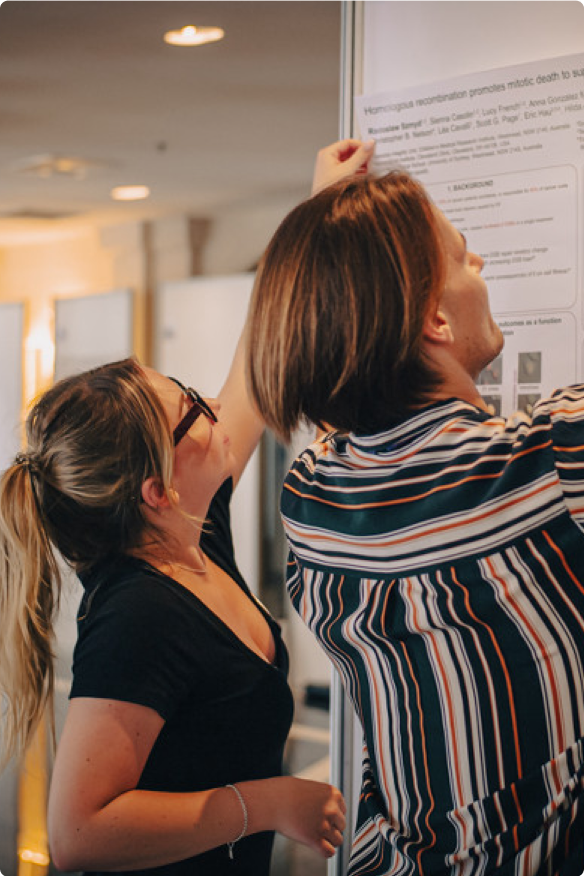

Need some help? Chat to the Fusion team today
As a family run business, our dedication runs deep. We’re committed to each other and, even more so, to every attendee’s experience, delivering a level of care and passion that’s truly unmatched.







